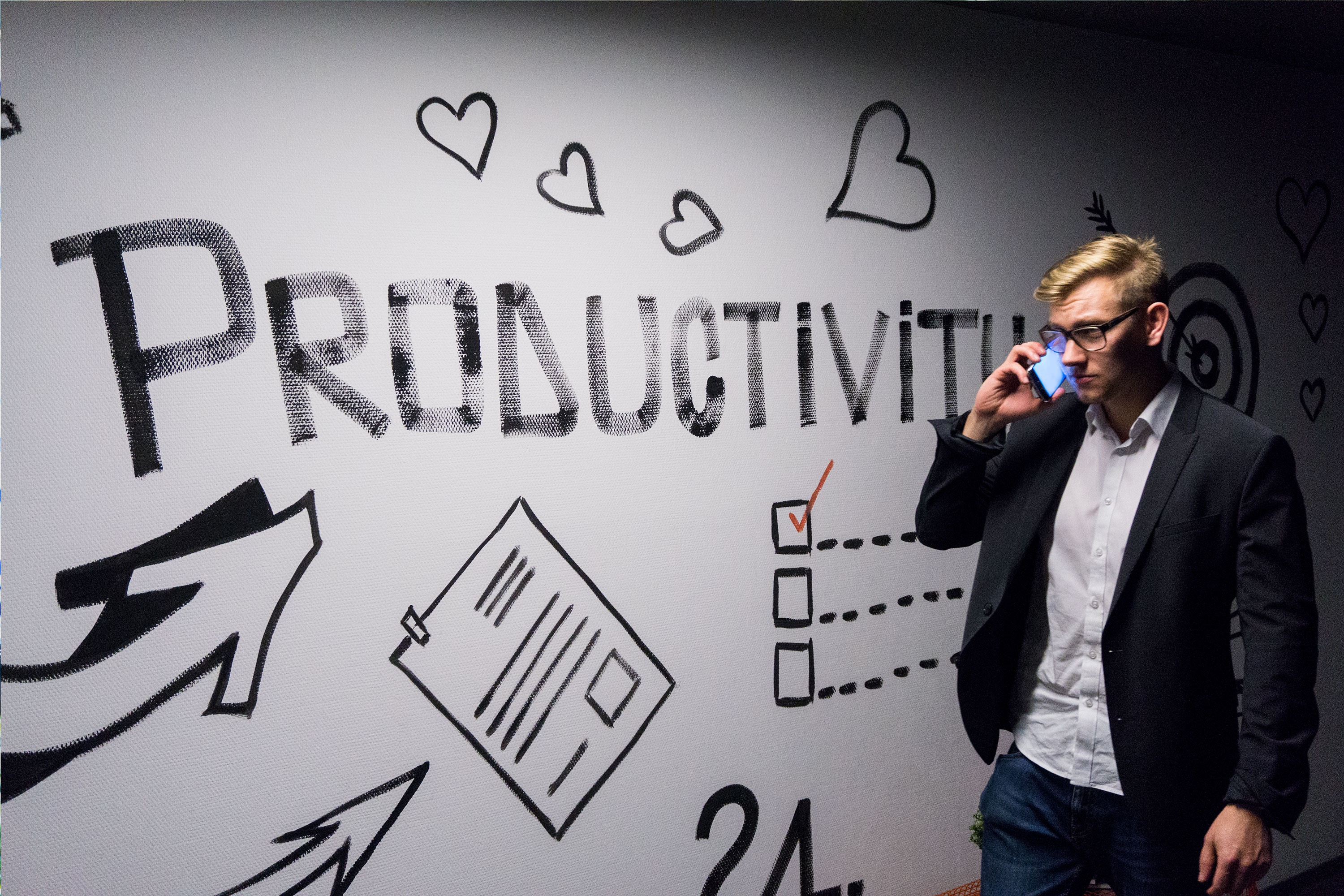
by CHRC | Jul 25, 2018 | Compensation, Human Capital, Productivity, Work Place
In a recent New York Times article, Charlotte Graham-McLay shares that a New Zealand firm reduced its workweek to 32 hours, while still paying employees for 40 hours. The trial was such a success that the firm is planning on making the change permanent. The firm found that workers wasted less time and increased their productivity while at work.
“Jarrod Haar, a human resources professor at Auckland University of Technology said employees reported a 24 percent improvement in their work-life, and came back to work energized after their days off.”
Aside from company productivity, Andrew Barnes, the firm’s founder, believes the change in hours could also offer economical and environmental implications if more companies embraced a similar approach.
This isn’t a solution for all companies, but an inspiration to innovate. What was it about this schedule that led to this workforce increasing their productivity? What changes could your company make to increase its productivity? Read More Here

by CHRC | Jul 19, 2018 | Human Capital, Productivity, Work Place
Our third entry that draws inspiration from this year’s travels is a video from the BBC Idea’s Habits of the Highly Successful video series. I probably would have missed this video if I were in the US, but one of the many perks of traveling is being exposed to different new stories. In this three-minute video, “Why You Should Always Wear Trainers to Work,” Justine Roberts, founder of the website for parents, Mumsnet, shares four important tips to help you make the best of your career.
Roberts’ advice is a great reminder for daily lives and careers. One of her insights applies not only in the office, but especially when traveling. When talking about running your own business, Roberts says, “It’s almost impossible to fit in everything you want to,” and the same is true of travel. You have to be willing to appreciate the fact that nothing is perfect, and sometimes you have to be willing to “embrace the chaos” around you. Read More Here
p.s. her advice ties in with an article we shared about what do women wear in a casual work environment. Read More Here

by CHRC | Jul 11, 2018 | Compensation, Human Capital
I once worked for an Australian bank here in the U. S. What was even more shocking than the amount of their annual vacation time (at least four weeks to start), was the fact that while on vacation, employees were paid 117% of their typical salary. Why? “Because, it costs more to go on holiday,” they would answer us wondering why we would ask such a silly question.
So, I was intrigued when I stumbled across this article about a company that includes an Airbnb stipend. The CEO of NodeSource, Inc., Joe McCann, explains how challenging it is for emerging companies to compete salary-wise with larger corporations and why he needed to go beyond typical compensation packages to attract employees.
Is a traveling subsidy a cost or an investment? When people travel, they see different things; but most importantly, they see different WAYS of doing the everyday. I’ve redesigned closets, rooms, and workflow based on how space-constrained Europeans and Asians have to fit things in tiny spaces. It’s not just space you might rework – when you observe different approaches to the mundane, you can re-think all sorts of thought processes. A person can indeed come home from traveling and re-engineer, and improve, a way to approach a process, a problem, or a project.
For companies that are dependent on innovation, or expanding into global markets, I am not sure how they can afford to NOT give their employees a stipend to travel. Read More Here



